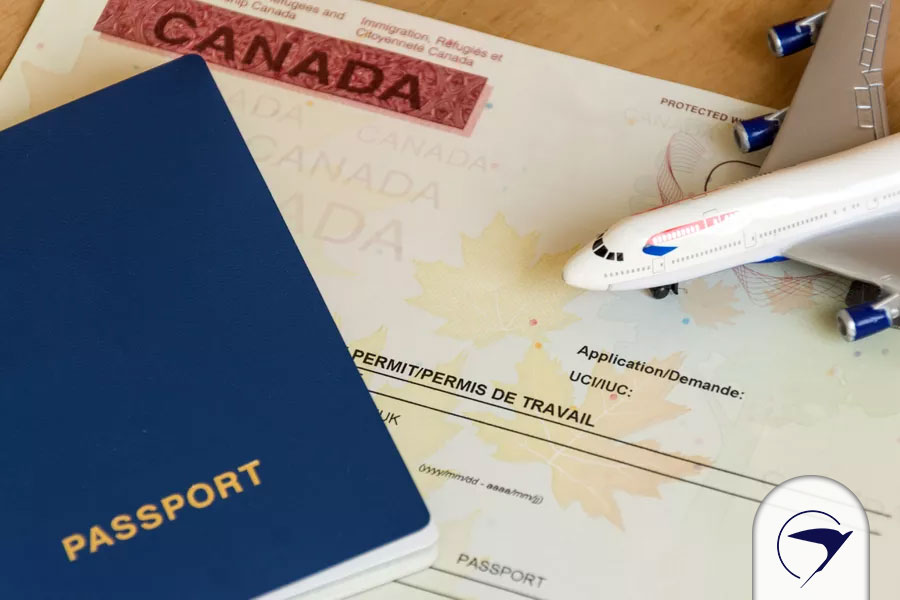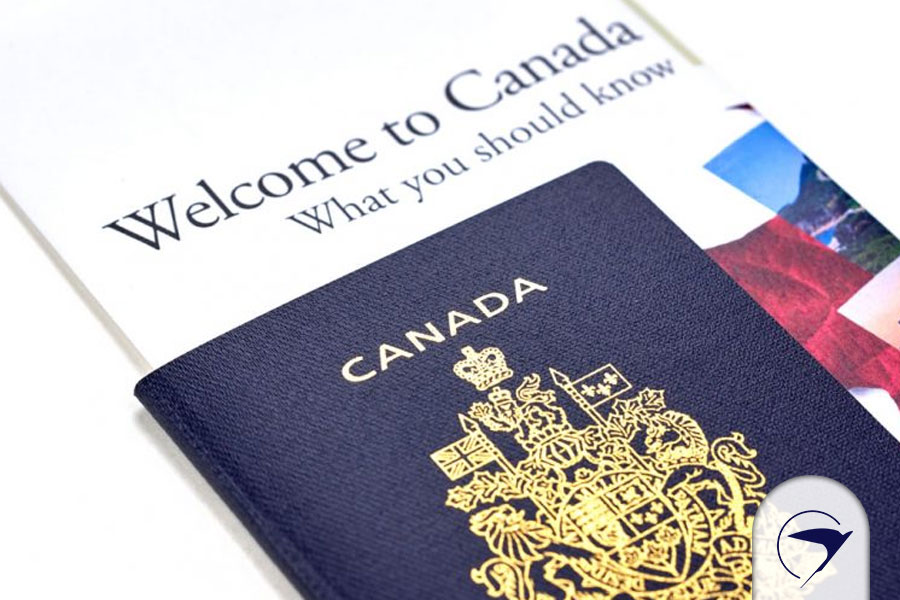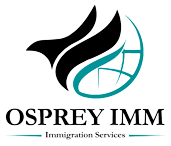Temporary Resident Visa and Permits
- Study Permit
- Work Permit
- Visitor Visa

How to Qualify for Express Entry
What is a Canadian Study Permit?
Every year, over 130,000 students come to Canada to study. In order to do so, they must obtain a study permit issued by the Canadian government. This permit, which is a type of Temporary Resident Visa (TRV) allows students to study in Canada for a temporary period of time, and typically indicates the educational institution they are attending and course of study. To qualify, an applicant must fit a certain set of requirements.
Canada Student Visa Requirements and New Rules for International Students 2024
There are several eligibility requirements for those looking to immigrate to Canada for study. To qualify for a study permit, you must:
- Satisfy an officer that you will leave Canada at the end of your studies
- Have a letter of acceptance from an educational institution (must be enrolled at a designated learning institution)
- Prove that you have money for the duration of your stay in Canada to pay for tuition fees, and living expenses for yourself and accompanying family members.
- Be law-abiding and have no record of criminal activity
- Not be a risk to the security of Canada
- Be in good health (complete a medical examination, if required)
- Prove to an officer that you will leave Canada once your study permit expires
- Abide by the new temporary 2-year cap on student visas. You must make sure you do not stay beyond this time.
- Show that you have access to $20,635 instead of the old $10,000 requirement
- Currently, any international student without an employment visa can work for more than 20 hours a week off campus.

How Do I Get a Canadian Study Permit?
To get a Canadian study permit, you must first apply to a designated learning institute. Once accepted, you may proceed to apply for a study permit. Along with the application itself, you will be required to submit certain documentation, as well as meet all requirements set by the Canadian government.
Your Responsibilities as a Student in Canada
You must make sure to do the following while studying in Canada:
- consistently take steps toward the completion of your program
- abide by any terms specified in your study permit
- if you no longer meet the requirements, you will no longer be allowed to study in Canada
Depending on your circumstances, your study permit may include conditions such as
- if you are permitted to work in Canada
- if you are permitted to travel within Canada
the precise date by which you must depart Canada - where you can learn (a specific DLI listed on your permit)
- before you can study at a different DLI, you must change your DLI in your IRCC secure account.
- whether an immigration medical examination is required
Study Permit to Permanent Residency
Many international students in Canada finish their studies with the hopes of obtaining work and remaining in Canada permanently. In certain Express Entry categories, students may be eligible for permanent residence without any work experience. Often though, students will apply for work and then a work visa to stay temporarily. After having gained academic and work experience in Canada, they may have more options to apply for Canadian permanent residency.
Applying for the Student Direct Stream (SDS)
Those foreign nationals from a specific list of countries have the ability to apply for the Student Direct Stream (SDS) which is ultimately for faster, more efficient study permit processing.
Post-Graduate Work Permit (PGWP)
The Post Graduate Work Permit Program permits students who have graduated from qualifying Canadian designated learning institutions to get an open work permit and gain important Canadian job experience through the Post Graduate Work Permit Program.
Skilled Canadian work experience obtained through the PGWPP in NOC skill type 0 or skill level A or B helps graduates qualify for permanent residence in Canada through the Canadian experience class within Express Entry. Graduates with a post-graduation work permit can work full-time, part-time, or independently.
Can I Get Multiple PGWPs?
No, you can only request a Post-Graduation Work Permit (PGWP) once. If you’re thinking about pursuing further studies that extend your initial program, or if you’re planning on enrolling in a longer degree program in Canada, it’s wise to plan your PGWP application strategically.
Learn more about the Post-Graduate Work Permit Program!
How Long Can I Stay in Canada?
- If you’re taking prerequisite courses
If your school asks you to take courses before they accept you into the main program, your study permit will be valid for the length of those courses, plus 1 year. When you get accepted into the main program, you must then apply to extend your stay as a student.
- If you’ll finish your studies after your study permit expires
If you don’t finish your courses before the date on your permit, you must apply to extend your stay as a student. If you don’t, you’ll need to stop studying and leave Canada.
- If you finish your studies before your study permit expires
If you finish your studies early, your permit will stop being valid 90 days after you complete your studies, no matter what day is printed on the study permit.
You’ve completed your studies on the date your school first notifies you by a completion letter, transcript, degree, or diploma.
Turning a Visitor Visa to a Student Visa
If you are in Canada visiting, you can apply for a student visa while you’re in Canada.
You can qualify to apply if you’re currently in Canada and one of these applies:
- you have a valid study or work permit
- your spouse, common-law partner or parent has a valid study or work permit
- you’re a minor child in primary or secondary school
- you’re an exchange student or visiting student
- you completed a short-term course or study program required to be accepted at a DLI
- you or your spouse, common-law partner or dependent child has a temporary resident permit (TRP) valid for 6 months or more
- you’re being sponsored to immigrate and you already applied for permanent residence (if you’re eligible)
- you or your spouse, common-law partner or dependent child are subject to an unenforceable removal order
- you’re the spouse, common-law partner or dependent child of:
- an athlete on a team based in Canada
- a member of the media
- a member of the clergy
- military personnel on duty in Canada or
- an accredited foreign representative
- you’re a refugee claimant in Canada or a family member of a refugee claimant in Canada.

